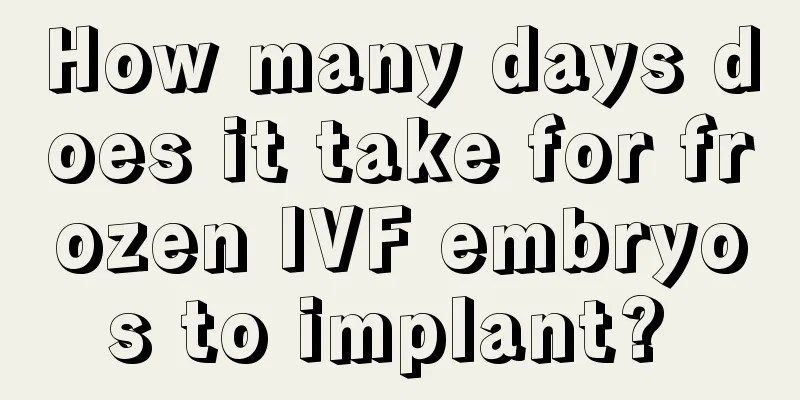What are the symptoms of early to mid-stage nasopharyngeal carcinoma and how to treat it

|
What are the symptoms of early and mid-stage nasopharyngeal carcinoma? 1. Tongue atrophy and tongue deviation: Nasopharyngeal carcinoma directly invades or lymph nodes metastasize to the posterior styloid process or hypoglossal nerve canal, causing the hypoglossal nerve to be invaded, causing the tongue to deviate to the affected side, accompanied by tongue muscle atrophy on the affected side. If the hypoglossal nerves on both sides are damaged, it will cause difficulty in tongue extension. The incidence of tongue deviation is second only to facial anesthesia. 2. Tinnitus and hearing loss. This is caused by tumor infiltration and compression of the Eustachian tube, which creates negative pressure in the tympanic cavity. 3 Headache is a common symptom of nasopharyngeal cancer, which is often manifested as unilateral persistent pain, mostly located on the top of the face. 4. Diplopia: Due to the invasion of the abducens nerve by the tumor, double vision is often seen when looking outward. The invasion of the trochlear nerve often causes inward strabismus and diplopia. It is often damaged at the same time as the trigeminal nerve. 5. Eyelid ptosis and fixed eyeball: related to oculomotor nerve damage. Visual impairment or disappearance is related to optic nerve damage or orbital cone damage. Hoarseness and dysphagia are related to vagus nerve and glossopharyngeal nerve damage. How to treat early and mid-stage nasopharyngeal carcinoma? 1. Traditional Chinese medicine treatment Traditional Chinese medicine plays an important role in the treatment of advanced nasopharyngeal carcinoma. It can not only reduce the toxic side effects of radiotherapy and chemotherapy on the human body, but also play a role in increasing efficacy and reducing toxicity in the treatment of advanced nasopharyngeal carcinoma. 2. Surgical treatment Due to the characteristics of nasopharyngeal carcinoma, surgery cannot be the first choice for treatment. However, surgery is still beneficial as a salvage treatment measure when recurrence occurs after radiotherapy. 3. Radiotherapy Radiotherapy is the first choice for the treatment of nasopharyngeal carcinoma. Cobalt-60 radiotherapy is superior to deep X-ray irradiation, and intracavitary radium therapy can also be used. Radiotherapy has a more direct killing effect on cancer cells, but the adverse reactions are relatively large and will cause damage to normal cells. |
<<: What to do if bleeding occurs after cervical cancer surgery
>>: How long can you live without treatment of stomach cancer?
Recommend
Can I use salt water to wash my nose?
Rhinitis is a very common nasal disease. It cause...
What causes female ovarian tumors?
Many people are very afraid of ovarian tumors app...
How to treat warts effectively?
The treatment of warts is difficult for many pati...
What to do if garlic is infested with worms
In fact, there are many things to pay attention t...
Folk treatment for lumbar disc herniation
There are still many treatments for diseases like...
What's the matter with the small fleshy lump in the belly button
If you observe carefully, you will find that ther...
What harm does thyroid cancer bring
What harm does thyroid cancer bring? The emergenc...
Analysis of what are the early symptoms of melanoma
I wonder if you have ever heard of melanoma? Ever...
Can advanced malignant gastric cancer be cured?
Can malignant gastric cancer be cured in the late...
What causes may lead to colorectal cancer?
Many patients may not know the cause of colorecta...
How to remove tea stains from plastic cups
If plastic cups are often used to make tea, tea s...
Lumbar vertebral compression fracture
Fractures are not unfamiliar to us. In our daily ...
Can ordinary brain CT scan detect brain cancer?
Intracranial malignant tumors include gliomas, ma...
Why do pimples appear on lips
Lips are one of the essential and important organ...
Diet therapy for sinus tachycardia, daily conditioning should be like this
Sinus tachycardia caused by physiological factors...









